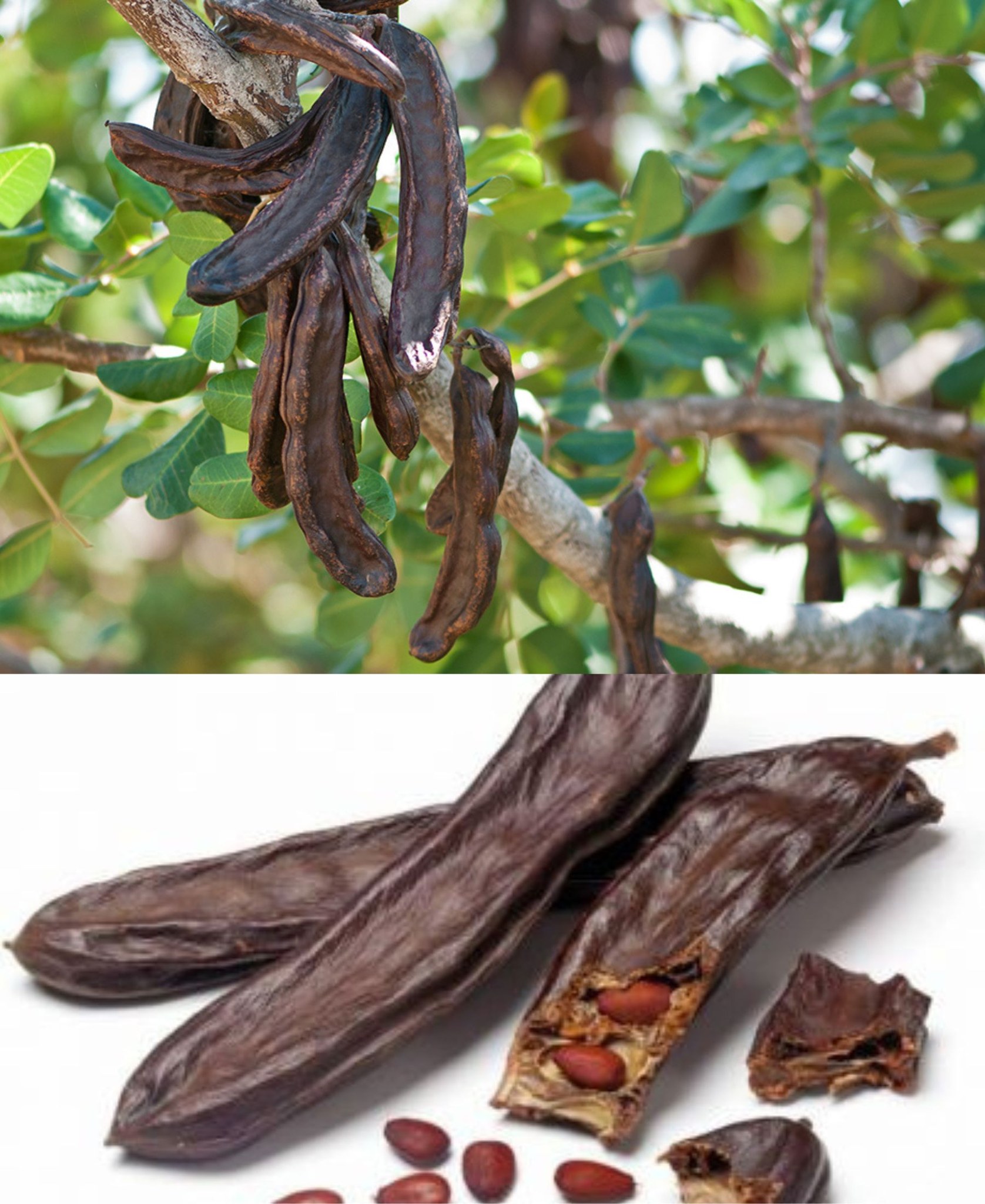ADVERTISEMENT
Immune Support: Due to the presence of antioxidants such as polyphenols, carob can help strengthen the immune system and protect cells from oxidative damage caused by free radicals.
Cholesterol Control: The soluble fiber found in carob can help lower LDL cholesterol levels in the blood, helping to maintain a healthy cardiovascular system.
Source of Nutrients: Carob is a good source of calcium, which is essential for bone health, and iron, which helps prevent iron deficiency anemia.
How to Eat Carob
Carob can be consumed in different forms. Its dried fruits, called carobs, can be eaten as a snack or used as an ingredient in desserts and baked goods.
In some traditions, carob is ground into powder, which can be used as a substitute for cocoa, as it contains no caffeine or theobromine.
Carob is a versatile and nutritious fruit that offers many health benefits. Its rediscovery reminds us that the culinary traditions of our grandparents can often be a valuable source of knowledge about health and well-being.
So, next time you have the opportunity, try including carob in your diet and enjoy its many benefits for general well-being.
ADVERTISEMENT
